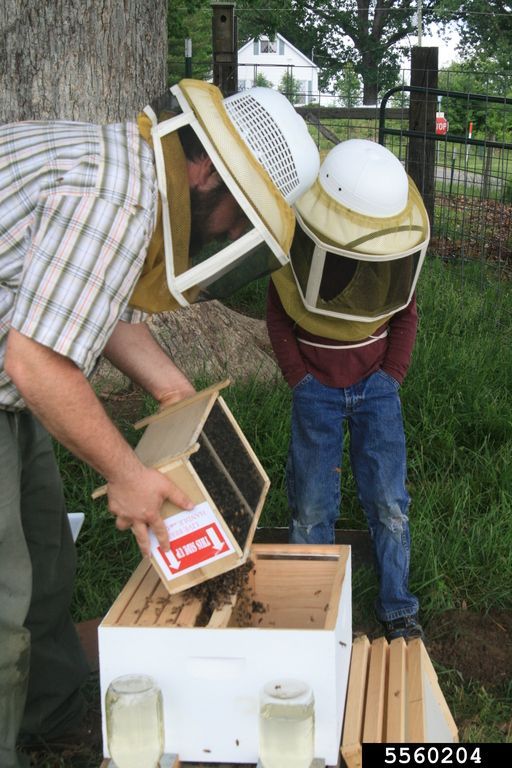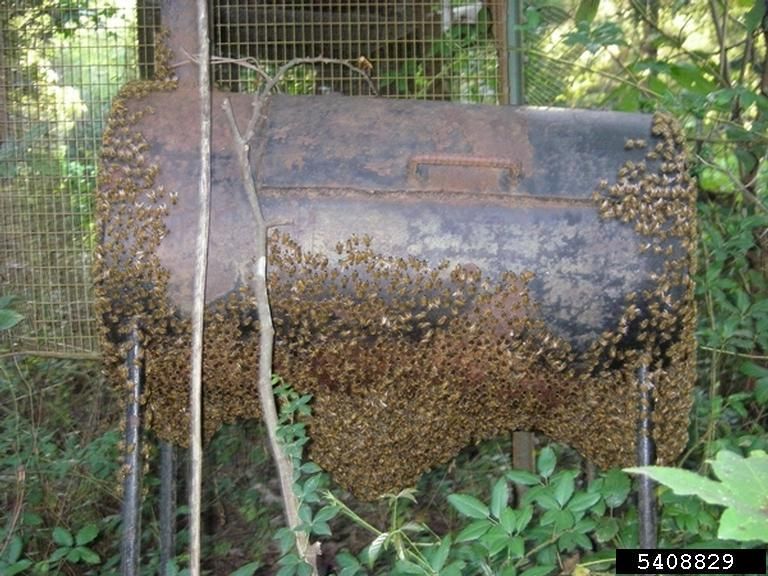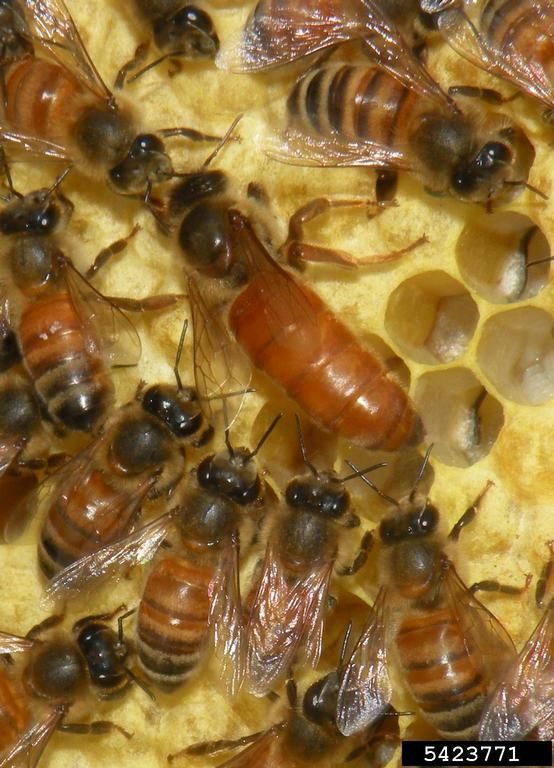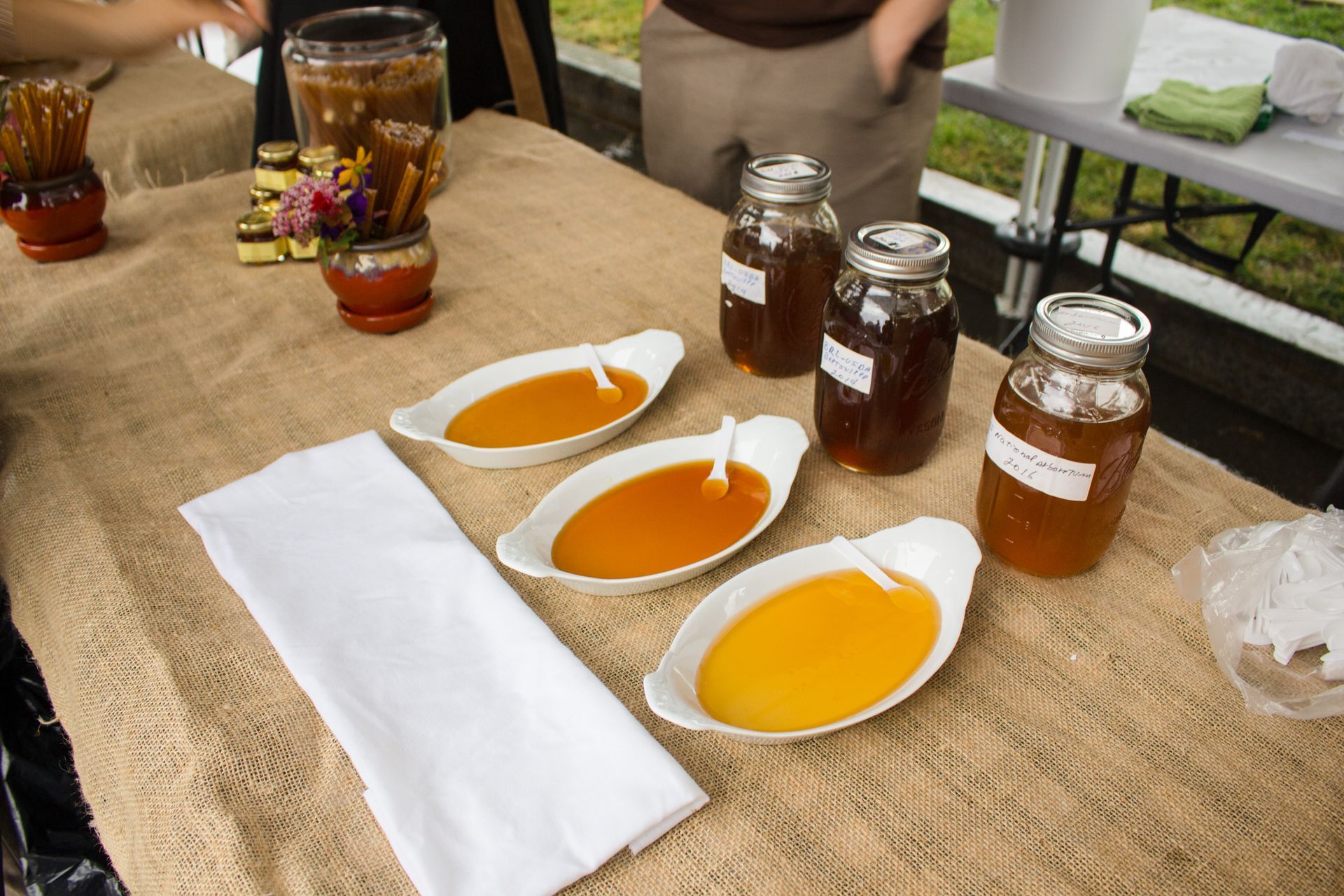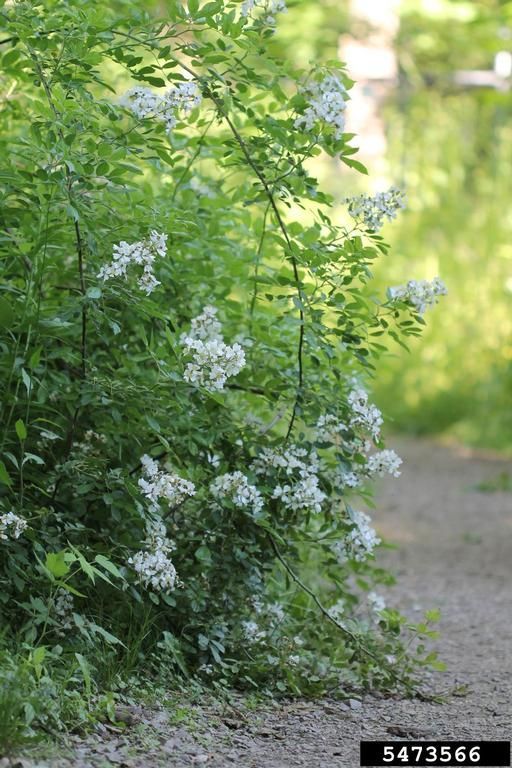While insects are often overlooked, as they are small and not particularly cuddly, their impacts on the environment are profound. Pollinators like honeybees (Apis mellifera) can be a great conservation and economic resource as they provide critical services to the environment and habitat for other wildlife species. Established by Detroit Hives, July 19 has been designated as National Urban Beekeeping Day since 2019. This nonprofit transforms vacant lots in urban Detroit into pollinator habitats complete with bee hives to enhance pollination. Urban beekeeping efforts like this not only provide habitat and forage for bees, but also provide food for the local community when planted in conjunction with produce gardens. According to this beekeeping organization, bee survival rate and production increase in an urban setting while also allowing access to a more diverse range of plants.
Image to the right: Bee home installation courtesy of Chris Evans, University of Illinois, Bugwood.org.

